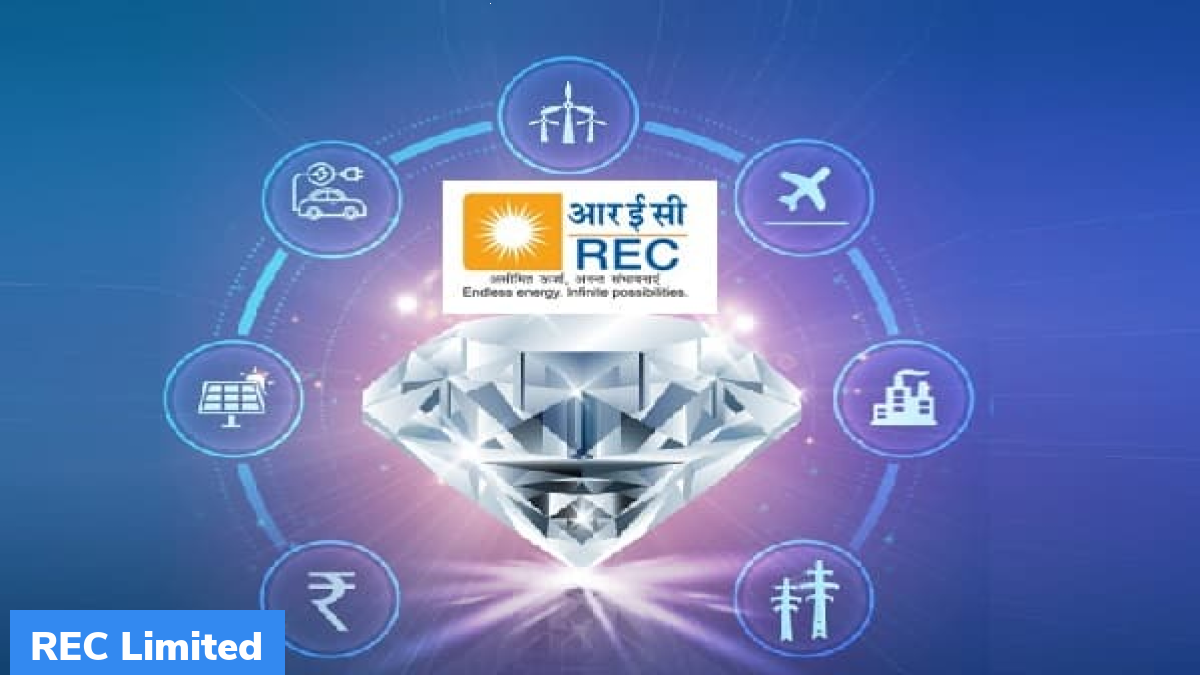REC Limited accorded Maharatna status
The REC Ltd. has been accorded the status of ‘Maharatna’ Central Public Sector Enterprise.
Key facts
- The REC Ltd., is the 12th company to be given the Maharatna Status.
- The Maharatna status provides the state-run company’s board more power while making financial decisions.
- The board of a Maharatna Central Public Sector Enterprise can make equity investments to be involved in financial joint ventures and wholly-owned subsidiaries and undertake mergers and acquisitions in India and abroad.
- This power is limited to a ceiling of 15 per cent of the net worth of CPSE concerned, limited to Rs.5,000 crore in one project.
- The board can also structure and implement schemes related to personnel and human resource management and training.
- The Maharatna status enables the REC to be involved in technology joint ventures and other strategic alliances.
- This comes at a time when the Central Government is planning to give REC the status of development finance institution to enable it to boost global climate funding and net zero investment in India.
What is Maharatna Status?
Introduced in 2010, the Maharatna status is given to the CPSEs by the Central Government to make these enterprises global giants. This status is granted to CPSE that recorded more than Rs. 5,000 crore of net profit for three consecutive years, an average annual turnover of Rs.25,000 crore for three years and recording an average net worth of Rs.15,000 crore for three years. It should also have footing in the international market and be listed on an Indian stock exchange.
About REC
The non-banking finance company (NBFC) REC Ltd. was incorporated in 1969. Its purpose is to focus on the development and financing of India’s power sector. It provides financial aid to state electricity boards, state governments, central or state utilities, independent power producers, rural electric cooperatives and private sector utilities. In FY22, it had made its highest ever net profit of Rs.10,046 crore and reached a net worth of Rs.50,986 crore. This feat was achieved mainly because of the cost-effective resource management and strong financial policies. It had played a major role in the successful implementation of schemes like DDUGJY and SAUBHAGYA and ensured electrification of village and households across the country.
Month: Current affairs - September, 2022
Category: Economy & Banking Current Affairs


